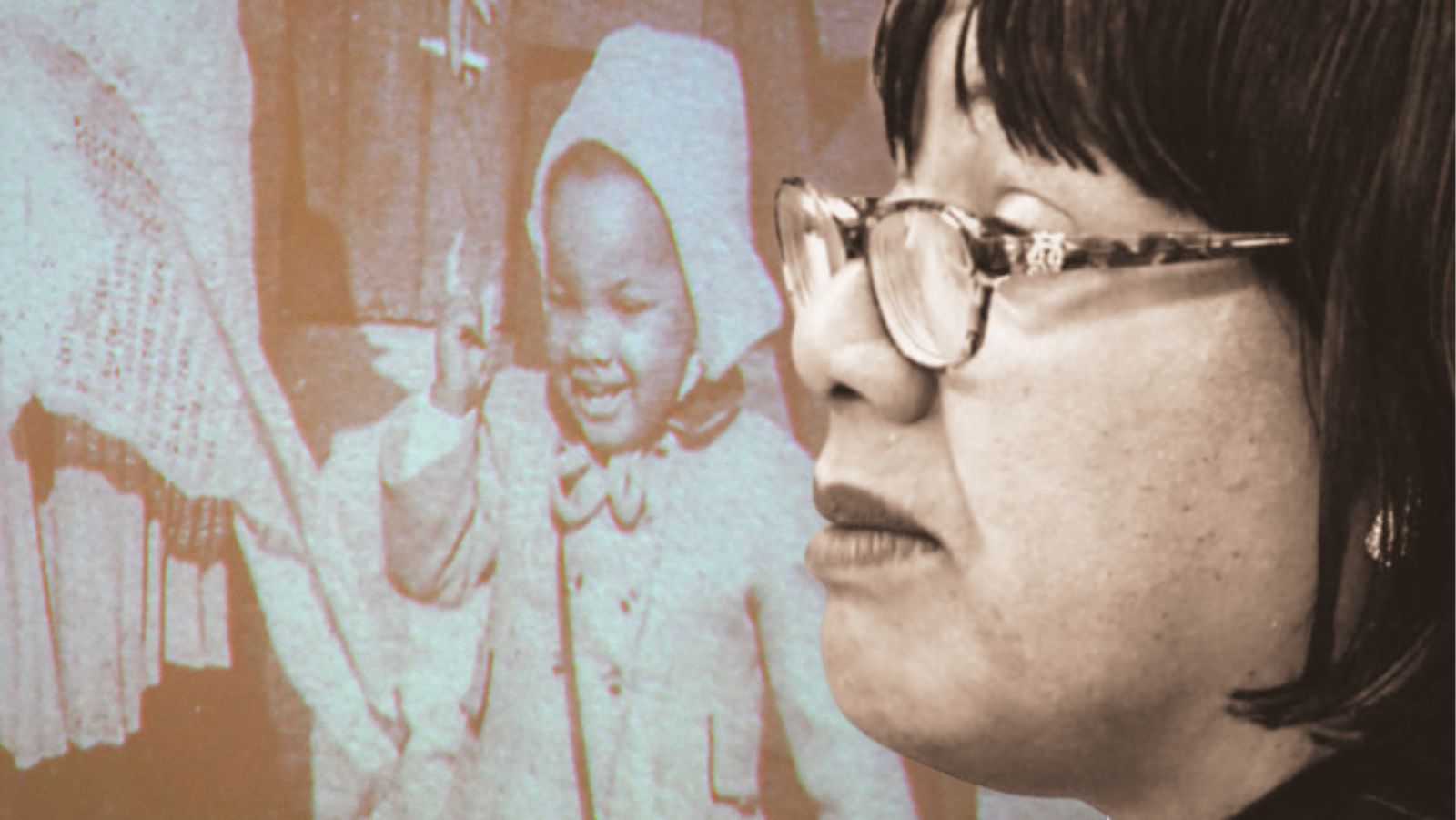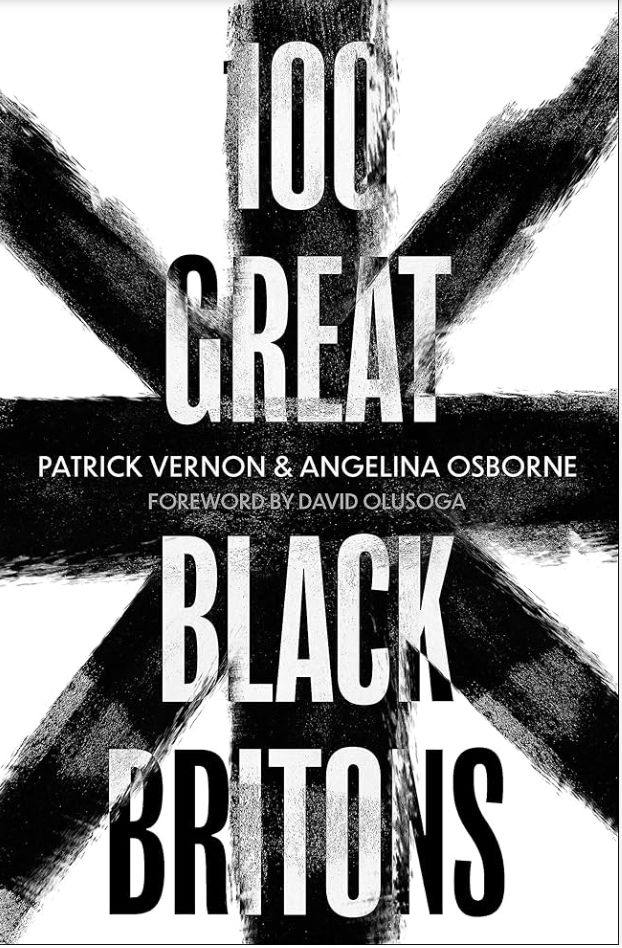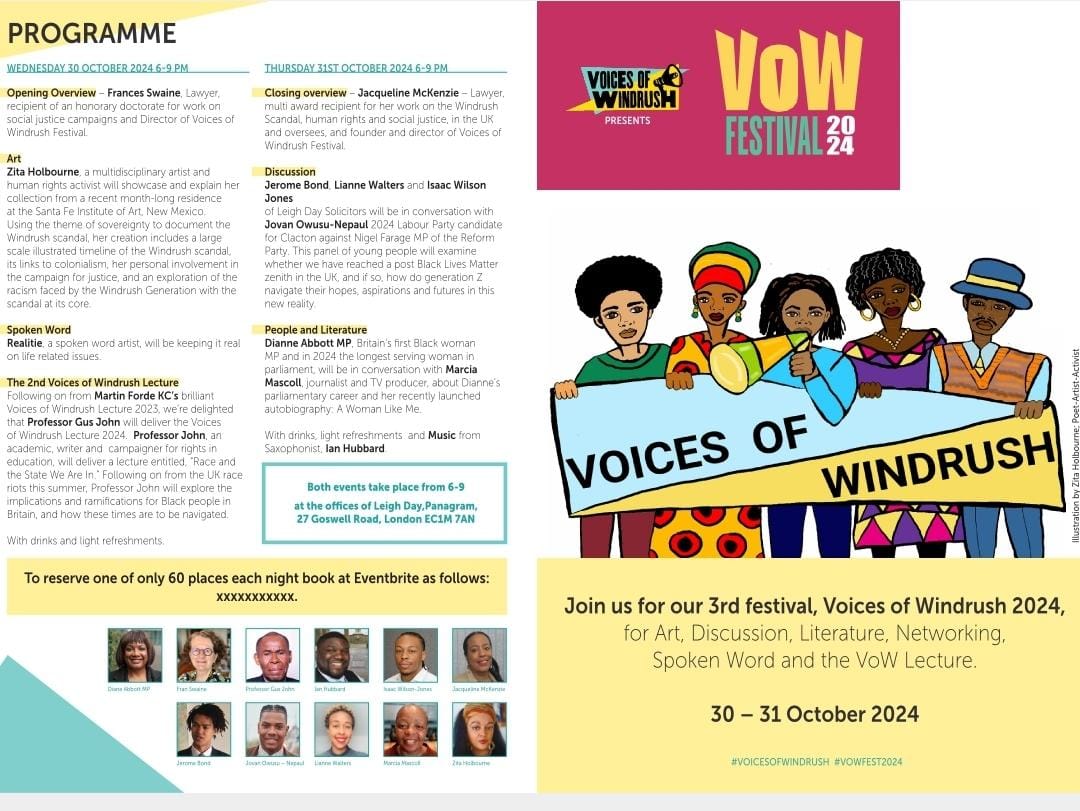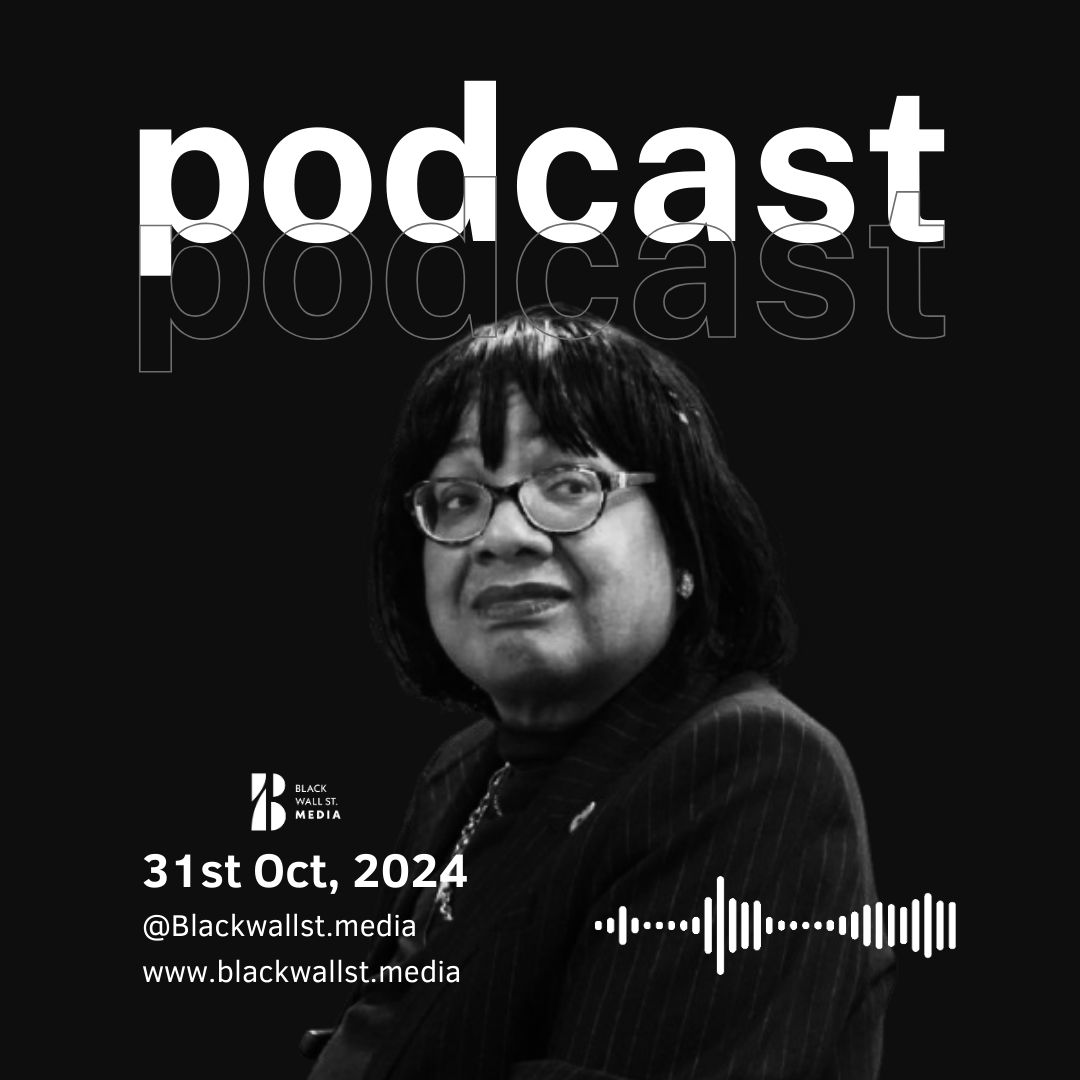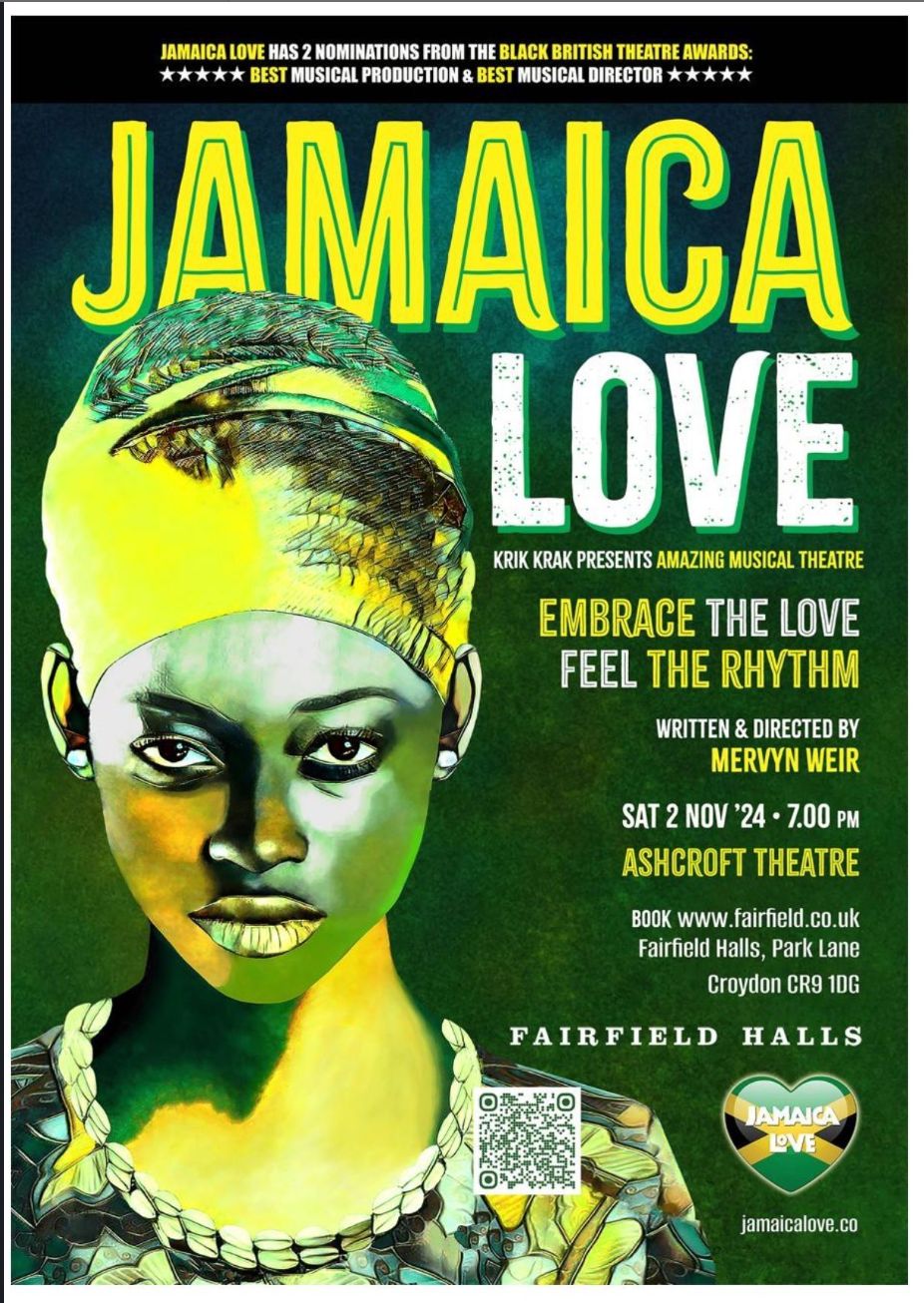BLACK HISTORY MONTH
An Inspiring Evening with Diane Abbott MP: A Black History Month Interview Hosted by Voices of Windrush
“In this powerful interview hosted by Voices of Windrush as part of their Black History Month series, Diane Abbott MP joins Marcia Mascoll to share her journey as the UK’s first Black female MP. With insights from Jacqui McKenzie and Frances Swaine, Abbott reflects on her upbringing, groundbreaking achievements, and the challenges of breaking barriers in British politics. From her early life in Paddington to her election to Parliament in 1987, this conversation highlights Abbott's determination, resilience, and continued fight for racial equality and justice. An inspiring discussion not to be missed!”
BWSMContributor
An Inspiring Evening with Diane Abbott MP: A Black History Month Interview Hosted by Voices of Windrush
In an enlightening event hosted by Voices of Windrush as part of their Black History Month (BHM) series, Diane Abbott MP joined Marcia Mascoll for an engaging conversation that offered a unique glimpse into the journey of Britain’s first Black female MP.
Hosted by Jacqui McKenzie and Frances Swaine, the evening brought together a community of advocates, allies, and change-makers, all keen to celebrate Abbott’s historic contributions to British politics and social justice.
From the outset, the interview was more than just a recount of Abbott’s achievements—it was a reflection on resilience, purpose, and the often-unseen battles that come with breaking new ground.
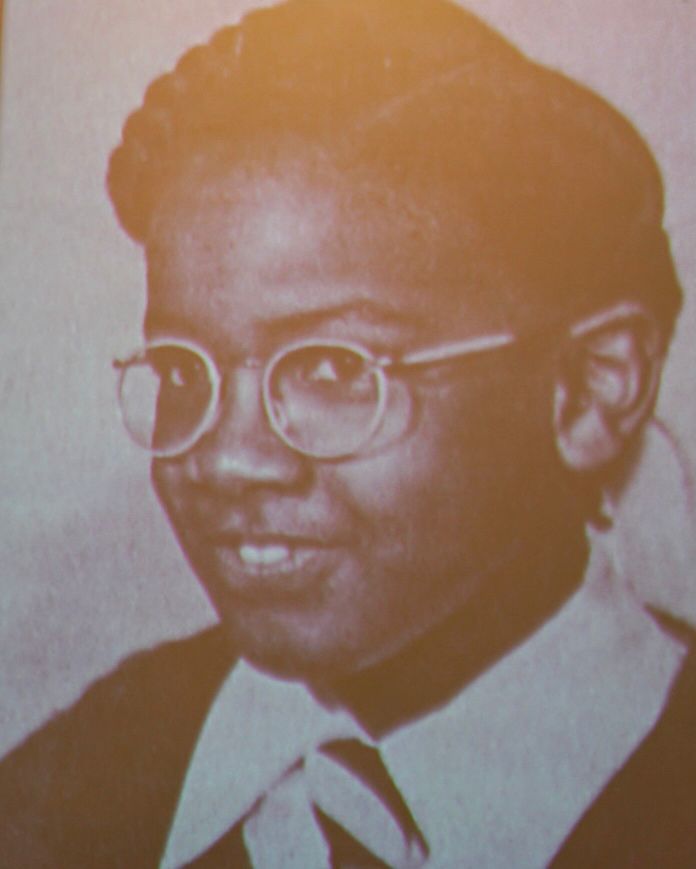
The event started with Jacqui McKenzie and Frances Swaine welcoming the audience, setting the tone for an evening focused on honoring Abbott’s legacy and exploring the transformative impact of Black leadership in British society.
McKenzie and Swaine’s words underscored the importance of Black History Month as a time to not only look back on pivotal moments but to also recognize the ongoing work toward racial equality and justice.
As Marcia Mascoll began the interview, she dove into Abbott’s early life, painting a picture of her formative years. Abbott shared her experience growing up in North Paddington during the 1950s, a time and place where racial prejudice was a daily reality.
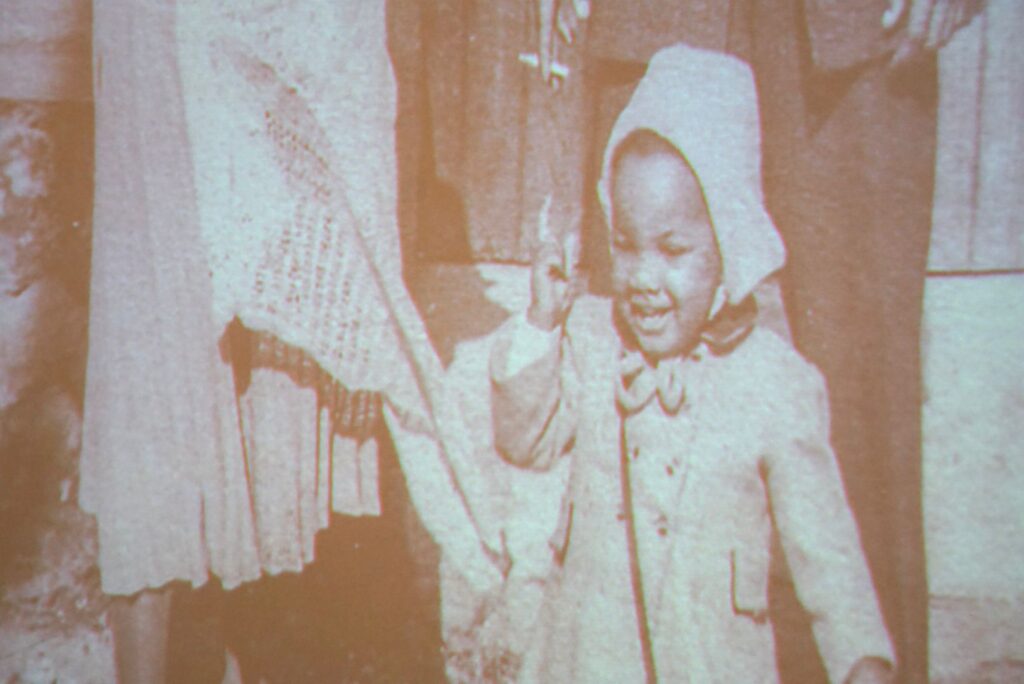
Her father’s unwavering commitment to homeownership in a predominantly white area—uncommon for Black families then—was an early influence. Through Abbott’s retelling, it became evident that her family’s values of resilience and determination shaped her perspective and ambitions from a young age.
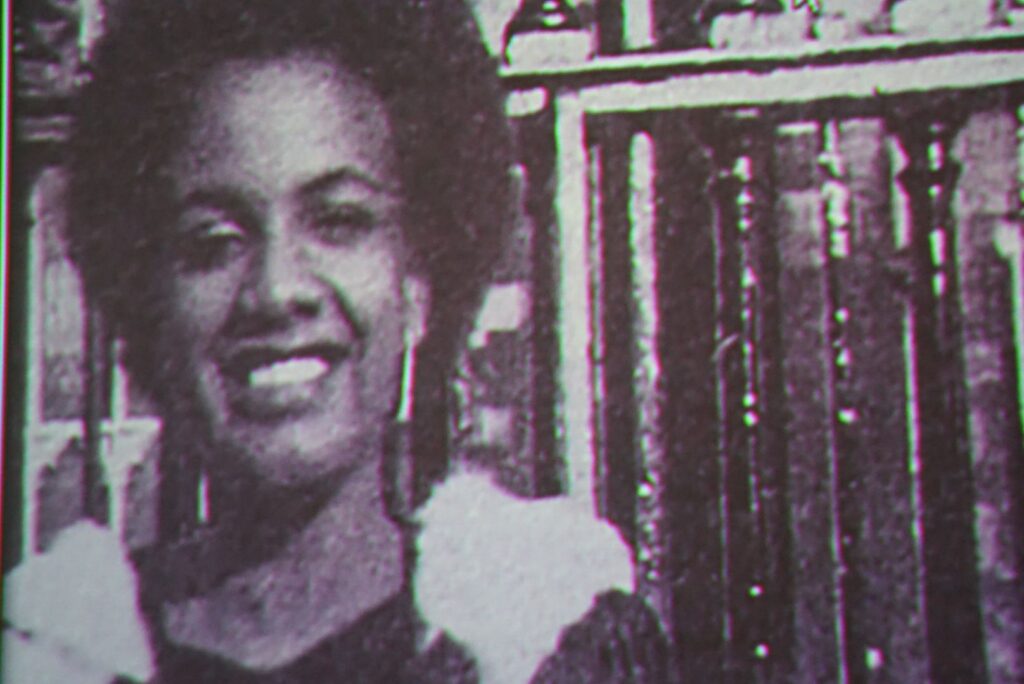
Abbott’s journey to Cambridge University—a groundbreaking achievement in its own right—was also a focal point of the conversation. Reflecting on her time there, she described how, as a Black woman from a working-class background, she often felt like an outsider.
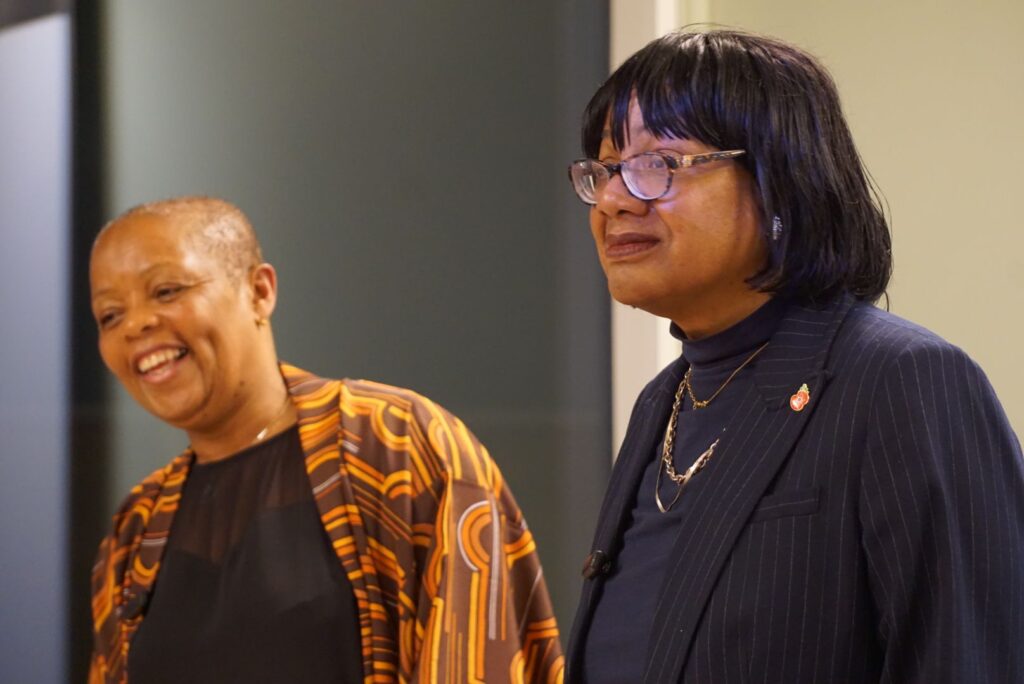
Despite these challenges, Abbott was resolute, going to great lengths to meet Cambridge’s Latin requirement for entry. Her time at Cambridge instilled in her a powerful sense of purpose, one that would later propel her into public service.
When Abbott discussed her political career, the room was captivated. She spoke about her election to Parliament in 1987 alongside Bernie Grant, Paul Boateng, and Keith Vaz, a historic win that marked the entry of Britain’s first Black MPs.
For many, the clip of her acceptance speech played at the event was a moving moment. In it, she spoke not only to her constituents but to a generation of Black Britons, many of whom had never before seen themselves represented in Parliament. The victory was a monumental step forward, one that solidified Abbott’s role as a pioneer.
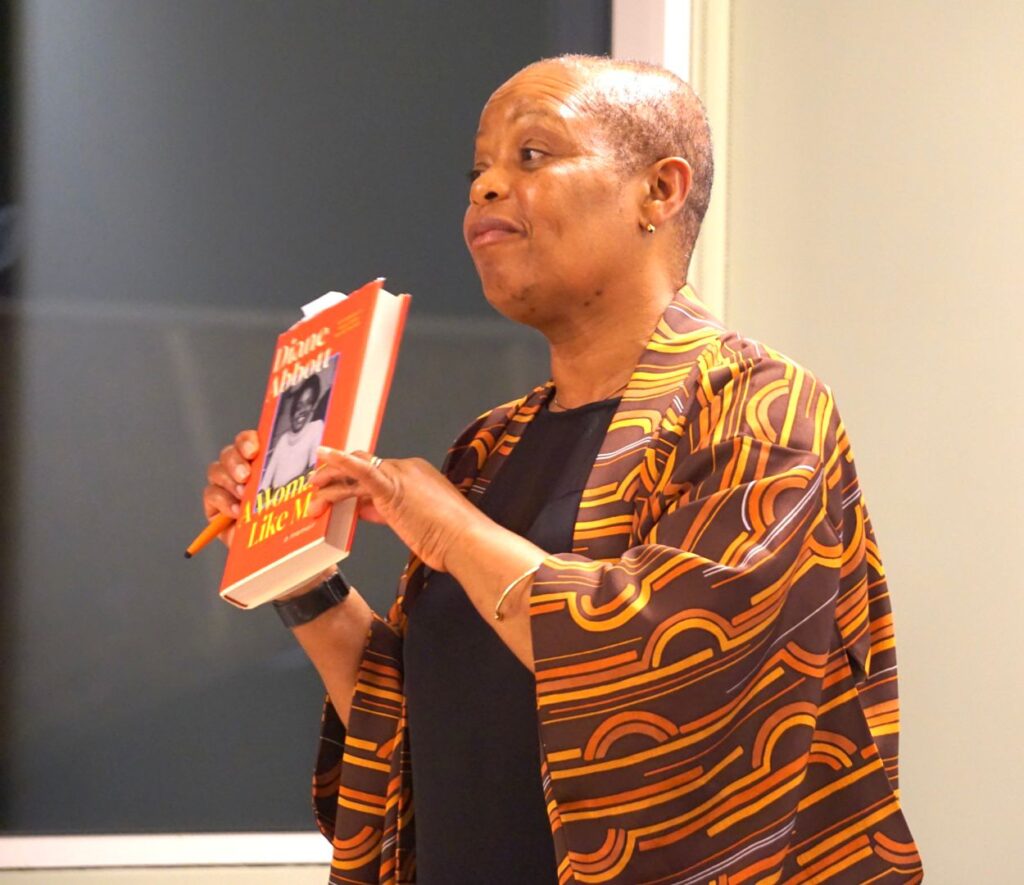
Abbott also recounted the challenges she faced as an MP—often as the lone voice advocating for racial equality and justice in an overwhelmingly white Parliament. She shared anecdotes about facing both overt and subtle racism, as well as the pressure to perform and represent not just her constituency but a broader community of Black Britons.
Through these stories, Abbott’s determination to make meaningful change shone through, along with her commitment to fighting for marginalised voices.
In the latter part of the interview, Mascoll and Abbott touched on her time as the first Race Relations Officer for the National Council of Civil Liberties, now known as Liberty.
This role laid the foundation for her advocacy work in Parliament, allowing her to take an active stance on issues of civil rights and liberties. Abbott explained how her work in the Home Office influenced her perspectives on justice and race, embedding in her a lasting dedication to criminal justice reform, particularly as it affects Black and ethnic minority communities.
The evening also allowed Abbott to share her thoughts on the current political climate and the progress (and setbacks) in racial equality and justice over the past several decades.
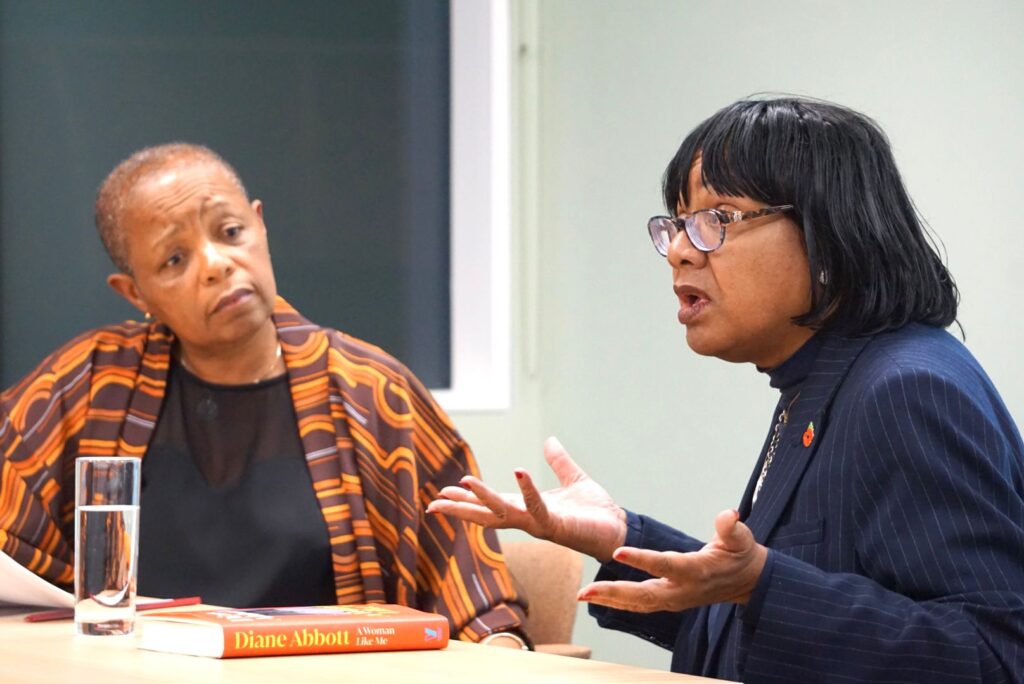
She acknowledged that while significant strides have been made since she first entered politics, there remains a long road ahead, particularly in areas like criminal justice reform, immigration policy, and equal representation.
Abbott called for greater solidarity and collective action, emphasising that systemic change requires persistence, courage, and community support.
As the event drew to a close, both McKenzie and Swaine reflected on the importance of Abbott’s legacy—not just in terms of her legislative accomplishments, but as a symbol of resilience for Black women in Britain.
Her story serves as an enduring reminder of what is possible when barriers are challenged, and ceilings are broken. The event concluded with an ovation, as attendees recognized the indelible mark Abbott has left on British society.
The evening at Leigh Day Solicitors was more than a celebration; it was a call to action.
Abbott’s journey remains an inspiration to those continuing the fight for racial justice and equal representation.
Through this Black History Month series, Voices of Windrush, guided by McKenzie and Swaine’s leadership, reminded all present that true progress comes from acknowledging the past, celebrating those who have paved the way, and committing to the work that still lies ahead.
The Voices of Windrush Festival 2024 brought together art, literature, discussion, and spoken word to honour the experiences and legacy of the Windrush Generation.
Held at Leigh Day in London over two days, October 30th and 31st, the event showcased powerful voices addressing themes of social justice, resilience, and identity.
Speakers included Frances Swaine, a respected lawyer and social justice advocate, who opened the event, and Jacqueline McKenzie, another prominent lawyer and activist, who closed the festival.
The program featured the Voices of Windrush Lecture by Professor Gus John, who explored critical issues of race and migration. The gathering also highlighted artwork by Zita Holbourne, poetry from Realitie, and the musical talent of saxophonist Ian Hubbard.

